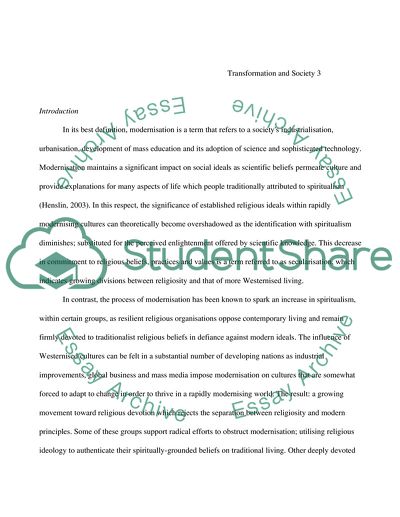Cite this document
(Transformation and Society: Associating Modernization to Both Term Paper, n.d.)
Transformation and Society: Associating Modernization to Both Term Paper. Retrieved from https://studentshare.org/social-science/1704907-how-and-why-has-modernisation-been-associated-with-both-secularisation-and-increased-levels-of-religiosity
Transformation and Society: Associating Modernization to Both Term Paper. Retrieved from https://studentshare.org/social-science/1704907-how-and-why-has-modernisation-been-associated-with-both-secularisation-and-increased-levels-of-religiosity
(Transformation and Society: Associating Modernization to Both Term Paper)
Transformation and Society: Associating Modernization to Both Term Paper. https://studentshare.org/social-science/1704907-how-and-why-has-modernisation-been-associated-with-both-secularisation-and-increased-levels-of-religiosity.
Transformation and Society: Associating Modernization to Both Term Paper. https://studentshare.org/social-science/1704907-how-and-why-has-modernisation-been-associated-with-both-secularisation-and-increased-levels-of-religiosity.
“Transformation and Society: Associating Modernization to Both Term Paper”, n.d. https://studentshare.org/social-science/1704907-how-and-why-has-modernisation-been-associated-with-both-secularisation-and-increased-levels-of-religiosity.


